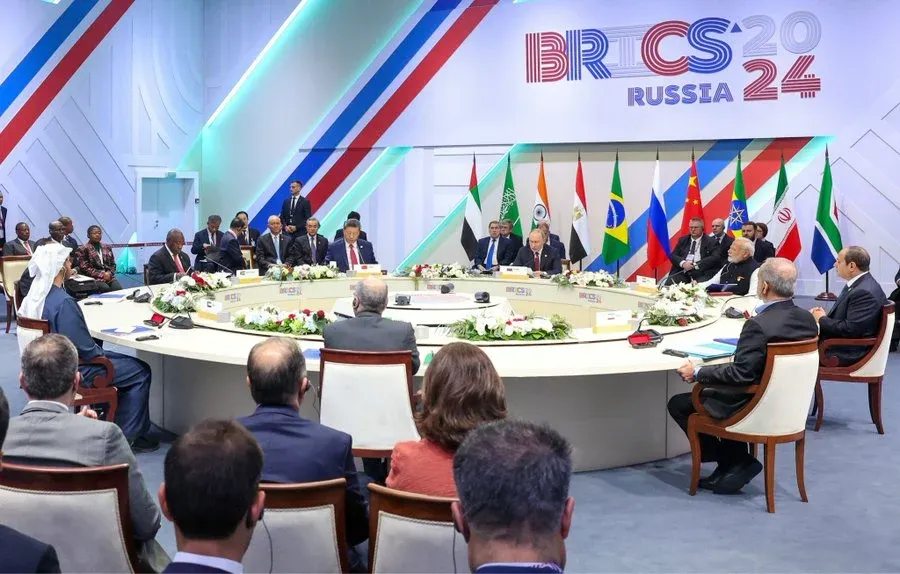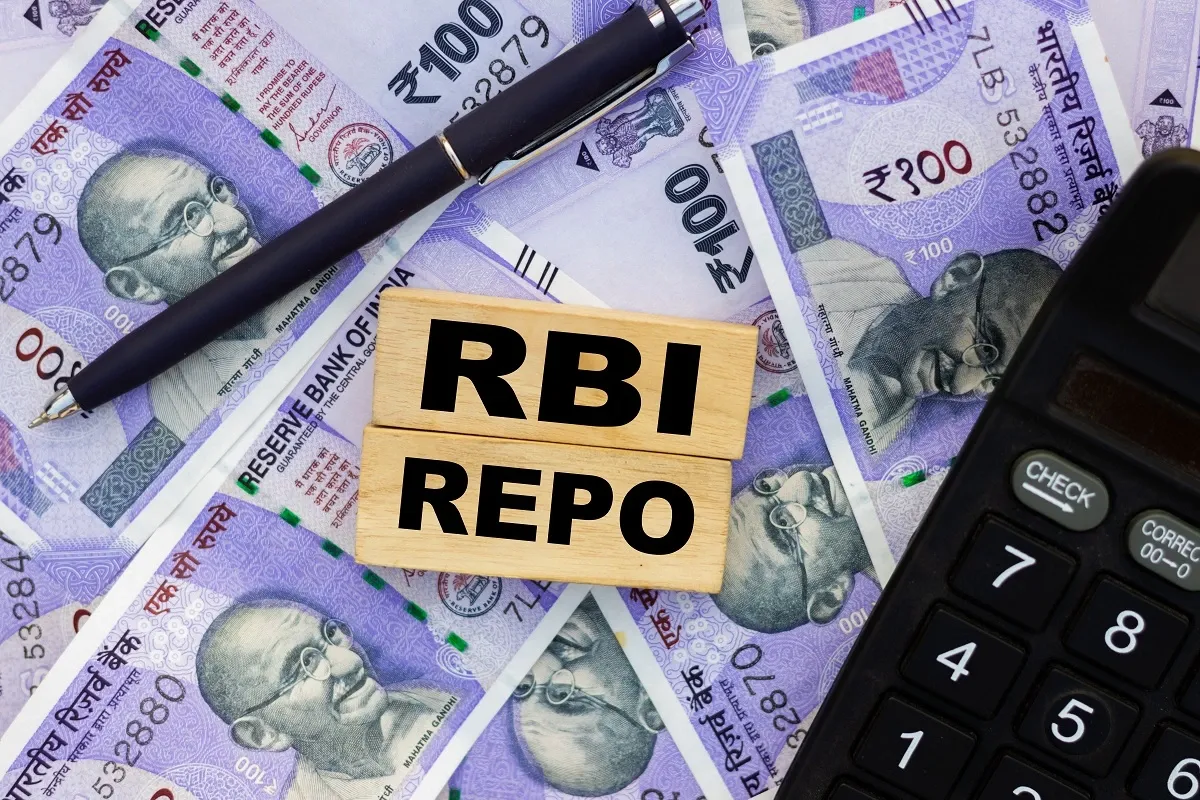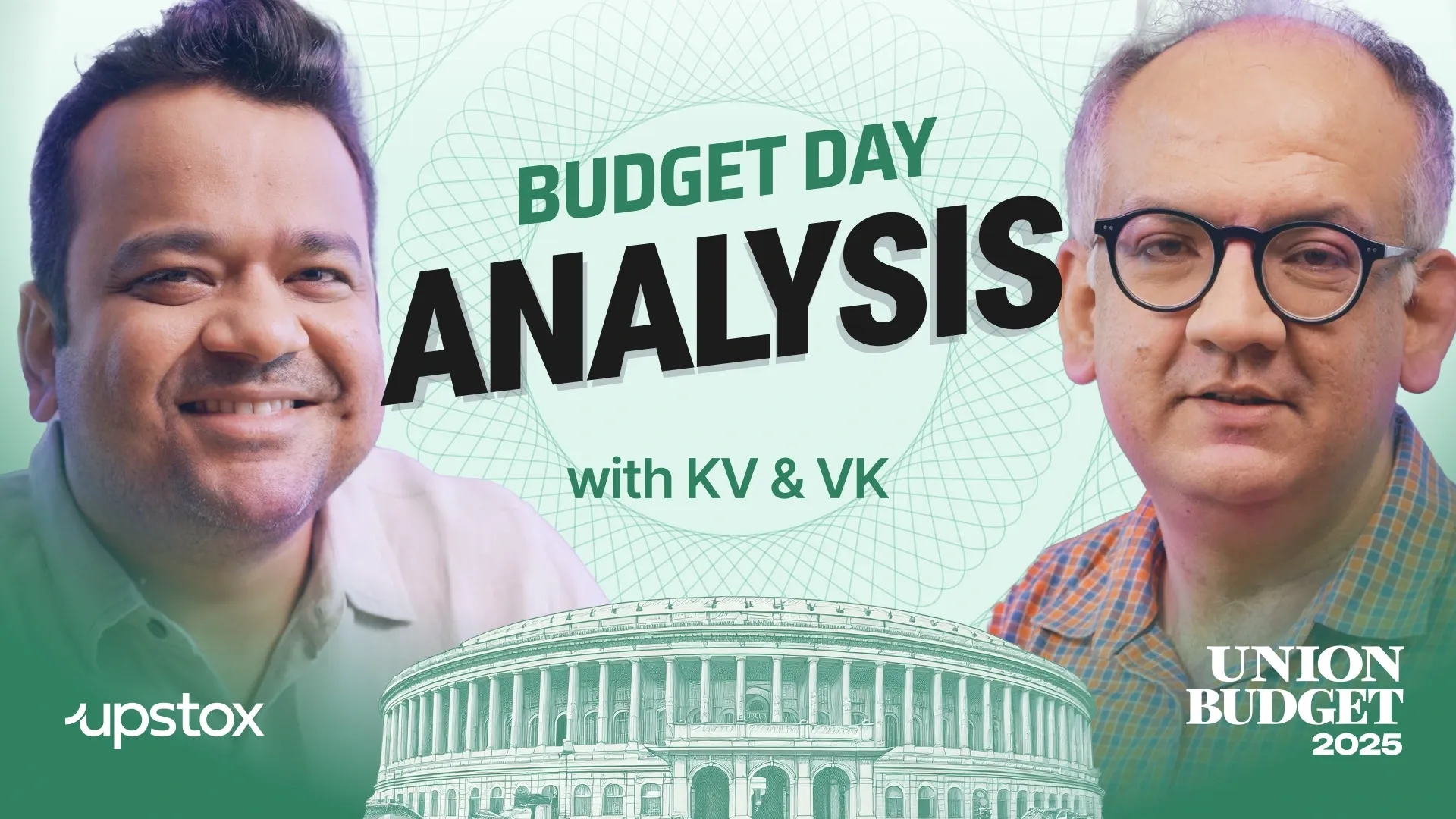Business News
What are BRICS currency and de-dollarization that have angered Donald Trump? Explained
.png)
3 min read | Updated on December 02, 2024, 12:38 IST
SUMMARY
President-elect Donald Trump warned BRICS nations of 100% tariffs if they continue efforts to weaken the US dollar's dominance, including pursuing a BRICS currency or dollar alternatives.

Leaders of BRICS nations at Kazan summit.
US President-elect Donald Trump on Sunday issued a stern warning to BRICS nations, threatening 100% tariffs if the bloc continues its initiatives to weaken the US dollar's global dominance. The warning came at a time when the BRICS alliance—comprising Brazil, Russia, India, China, South Africa, and newly inducted Egypt, Ethiopia, Iran, and the UAE— is exploring alternatives to the dollar in cross-border transactions.
Trump posted on X, “The idea that the BRICS Countries are trying to move away from the Dollar while we stand by and watch is OVER.”
He warned that countries pursuing a BRICS currency or other dollar alternatives would face economic consequences, including being shut out of the US market.
“We require a commitment from these Countries that they will neither create a new BRICS Currency, nor back any other Currency to replace the mighty U.S. Dollar or, they will face 100% Tariffs, and should expect to say goodbye to selling into the wonderful U.S. Economy,” Trump wrote.
“There is no chance that the BRICS will replace the U.S. Dollar in International Trade, and any Country that tries should wave goodbye to America.”
The US dollar, which accounts for around 58% of global foreign exchange reserves, is a cornerstone of international trade and finance. However, BRICS nations have been vocal about diversifying away from the dollar, a process known as de-dollarization. The push stems from concerns over the weaponisation of the dollar in geopolitical conflicts and economic sanctions, especially following Russia’s exclusion from global financial systems after its invasion of Ukraine.
At the recent BRICS summit in Kazan, Russian President Vladimir Putin posed with a bill which looked like a banknote, triggering speculations around new BRICS currency. However, the officials later clarified that Putin was gifted mock-up of a BRICS bill by some enthusiasts.
The Kazan Declaration, issued at the summit's conclusion, welcomed the use of local currencies in trade, a move hailed as a step toward reducing dependency on the dollar.
Russian President Vladimir Putin said, "Using the dollar as a political weapon undermines trust in the currency."
Putin clarified that BRICS does not aim to reject the dollar outright but seeks alternatives in case access to it is restricted.
India has led efforts to operationalise local currency settlements. In 2022, India’s Reserve Bank allowed exports and imports to be settled in rupees, a model Russia adopted promptly. India has since expanded this mechanism to other nations, including the UAE and Indonesia.
The idea of a shared BRICS currency gained traction during the August 2023 Johannesburg summit, where Brazilian President Luiz Inácio Lula da Silva proposed a common currency to shield member states from dollar fluctuations. Advocates argue that such a currency could enhance financial stability and reduce vulnerability to external shocks.
However, the proposal faces significant hurdles. Experts point to economic disparities among BRICS members, trade imbalances, and the lack of a unified central bank or fiscal framework. South African Reserve Bank Governor Lesetja Kganyago called the currency a "political project" requiring fiscal and macroeconomic convergence, as well as mechanisms to enforce compliance.
Despite BRICS' de-dollarization efforts, the US dollar remains dominant. It is involved in nearly 90% of global forex transactions and remains the primary currency for commodities like oil. However, its share of global reserves has dropped to a 20-year low of 58%, according to the International Monetary Fund.
Critics of de-dollarization argue that shifting away from the greenback would require global exporters, importers, and lenders to voluntarily adopt alternative currencies—a monumental challenge given the entrenched role of the dollar in global trade.
About The Author
Next Story

